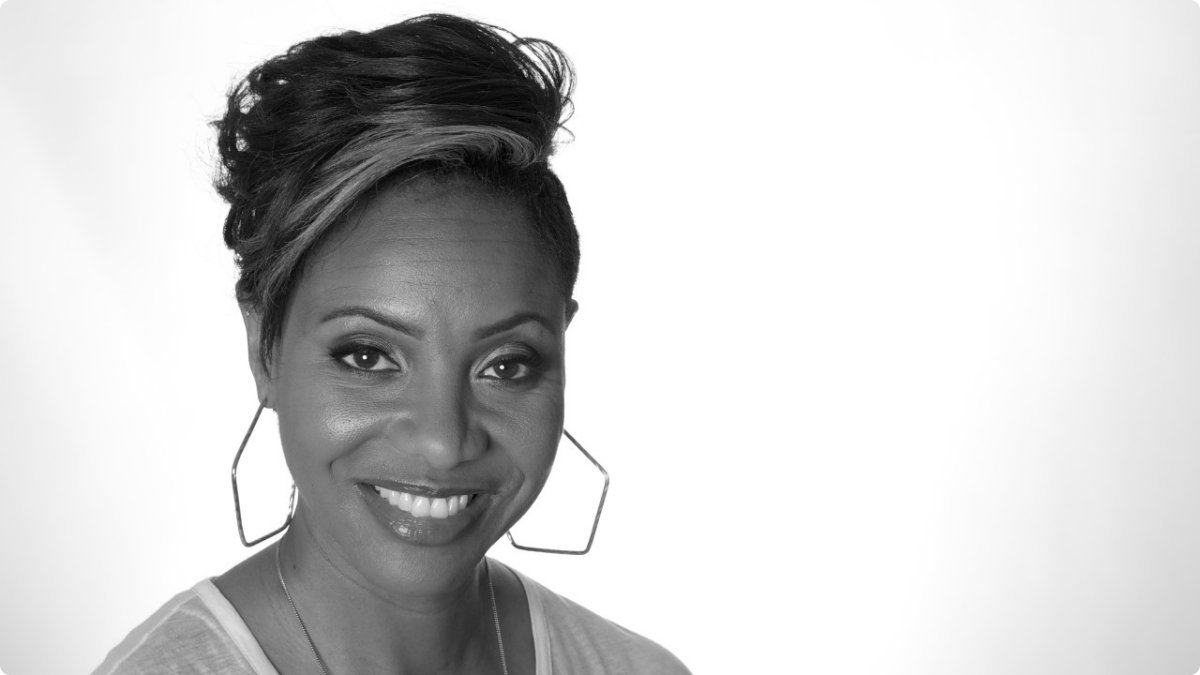With themes of sexual discrimination and objectification of women often being easier to find in lyrics than not, misogyny is an all too common occurrence in Hip-Hop.
This past Friday (November 20) the White House Council on Women and Girls hosted an all-day event focusing on ways to improve the lives of women and girls of color, and with MC Lyte as a featured guest, rap music and female representation found its way into the discussions.
MC Lyte joined a panel comprised of Angie Martinez, Beverly Bond and other guests and during this series of conversations was asked if it’s possible to be a Hip-Hop feminist.
The question and issues at hand are not the easiest to address, with complexities stretching past a simple answer. However, Lyte directed the conversation with grace, stating she believes a person can be a Hip-Hop feminist.
“I think you can,” MC Lyte said during the panel. “I agree. At this point in time, it probably is Fetty Wap. What I mean is that he may have a very unique way of presenting his ideas, but he does love women. For what he’s up against in this climate with all of the other emcees, he’s taking a stand. He’s being pretty courageous right now with what it is that he presents in his music. Because it’s really not the norm.”
“Now there’s of course Kendrick right?,” the rapper continued. “And then there’s Big Sean. He raps about his grandma. Any man that raps about his grandma you gotta show some love to. And then of course there’s Common and Talib.”
MC Lyte also briefly discussed the importance of ownership in regards to the lyrics—and consequently, the power behind those lyrics—giving a reminder that tracks are heard and digested on a larger world scale than rappers may realize.
“What I will say is that we need to give a few of these good men a chance in hoping that they will develop to be something else in the future,” Lyte said. “I know that when I first started I used a whole lot of profanity. I wasn’t good at communicating, so I just used what I knew. And the more you understand that you’re not just rocking for the block, that these words are going out across the entire globe. You at that point have to take responsibility and accountability. And I just think for Fetty Wap and some of these guys that I mentioned, that they really are on the forefront of what could be a great change in Hip-Hop.”
